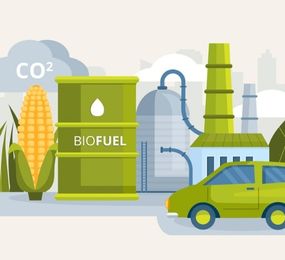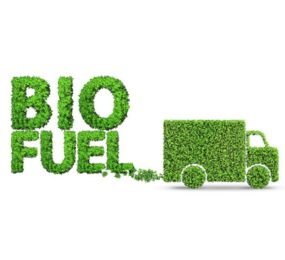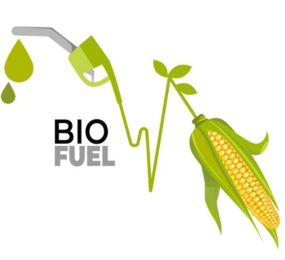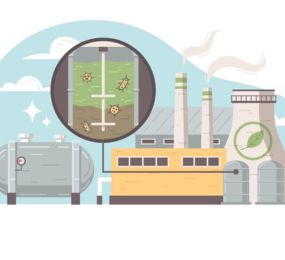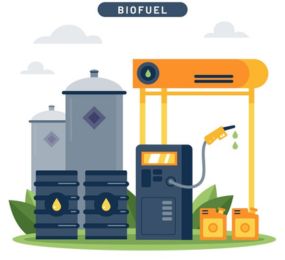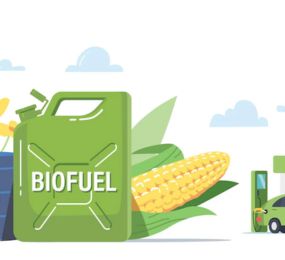Cellulosic Ethanol: A Sustainable Fuel Source
Cellulosic ethanol, derived from the cellulose component of plant biomass, presents a promising alternative to traditional fossil fuels. Unlike corn-based ethanol, which competes with food production, cellulosic ethanol utilizes non-food grade plant materials such as agricultural residues, woody biomass, and grasses. This reduces the environmental impact and ensures a sustainable fuel source.
The production process of cellulosic ethanol involves breaking down the cellulose into simple sugars, which are then fermented to produce ethanol. While the technology is still in its early stages, advancements in pretreatment and enzymatic hydrolysis have significantly improved efficiency. Cellulosic ethanol offers several environmental benefits. It reduces greenhouse gas emissions compared to fossil fuels, helps mitigate climate change, and supports a circular economy by utilizing waste materials. Moreover, cellulosic ethanol can be blended with gasoline, increasing the renewable fuel content in transportation fuels.
Challenges remain in scaling up cellulosic ethanol production. The high cost of pretreatment and enzymatic hydrolysis, as well as the variability of biomass feedstocks, are significant hurdles. However, ongoing research and technological advancements are addressing these issues. As the technology matures and production costs decrease, cellulosic ethanol has the potential to play a crucial role in transitioning to a sustainable energy future.
Visit our website to know more: https://www.leadventgrp.com/events/3rd-annual-advanced-biofuels-forum/details
For more information and group participation, contact us: [email protected]
Leadvent Group - Industry Leading Events for Business Leaders!
www.leadventgrp.com| [email protected]



